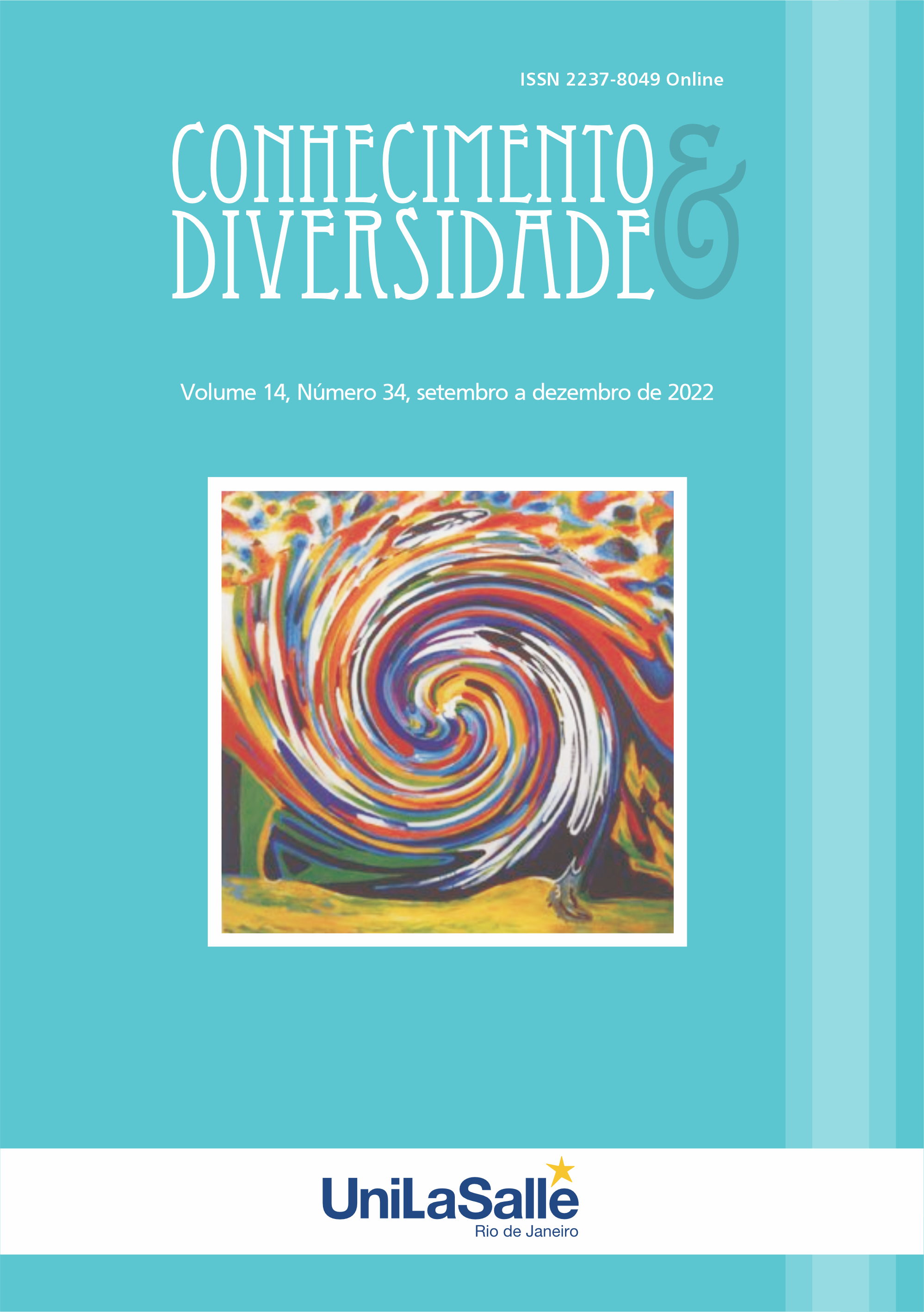Mencius' method of educating people: content and approach to educating Vietnamese people in the current context of innovation and global integration
DOI:
https://doi.org/10.18316/rcd.v14i34.10533Palavras-chave:
Thought, method, people, human education, Manh TuResumo
For 36 years of implementing the renovation and integration process, Vietnam has achieved great achievements of historical significance, strong and comprehensive development. The scale and level of the economy are raised; The material and spiritual life of the people has improved markedly. Harmoniously linking economic development with socio-cultural development, building people, developing people. The successes and achievements that Vietnam has achieved in recent years stem from many reasons, of which the most basic one is related to people, to the content of human development. With his conceptions of the method of educating people, Manh Tu's thought has contributed to reflect the diversity, diversity and richness of ancient Chinese philosophy in understanding and commenting on related topics, people. Although born for more than two thousand years, if we ignore the limitations stemming from class and age characteristics, Manh Tu's conceptions of the method of human education not only have positive values for the contemporary. but also for posterity. From the philosophical approach, human philosophy, the history of philosophy, through the study and analysis of historical documents and other related documents, together with the group of theoretical research methods, the group of methods As a practical study, the article analyzes and clarifies the basic content of Manh Tu's point of view on the method of educating people, thereby relating the approach to educating Vietnamese people in the context of change. new, global integration today.
Downloads
Publicado
Edição
Seção
Licença
Conforme recomendado pelo o Public Knowledge Project, a RCD adota para seus artigos uma licença CREATIVE COMMONS: Atribuição CC BY 4.0.
Esta licença permite que outros distribuam, remixem, adaptem e construam sobre o seu trabalho, mesmo comercialmente, desde que lhe dêem crédito pela criação original.
Esta é a licença mais adequada oferecida.
Recomendado para a máxima divulgação e uso de materiais licenciados.



